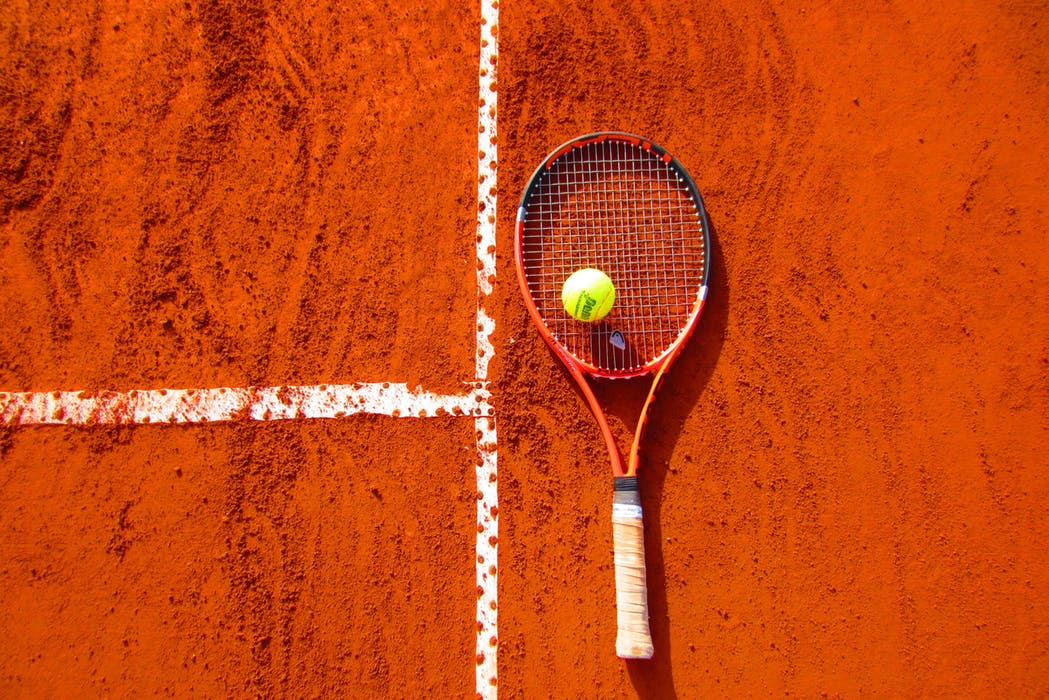Krista Van Slingerland, PhD led this Participatory Action Research project involving the design, implementation, and evaluation of the Canadian Centre for Mental Health and Sport (CCMHS). Recently co-founded by SEWP Lab Director Dr. Natalie Durand-Bush and Krista Van Slingerland, the CCMHS fills an important gap in today's sport and mental health systems by offering specialized collaborative mental health care services and resources to competitive and high-performance athletes, coaches, and support staff. Several key community partners have been linked to this innovative project.
The purpose of this project, led by PhD candidate Poppy DesClouds, is to investigate the impact of smartphones on the performance and well-being of competitive Canadian athletes aged 13 and up. We are also examining how athletes employ social media to self-manage and self-present in their sport. This project is the first to integrate the development and use of a mobile app to track athletes' smartphone usage in real time throughout a year. Findings will help to inform the creation of guidelines and policies to leverage the use of smartphones and social media to maximize athletes’ learning and experiences in sport and academic settings.
Kylie McNeill, PhD oversaw this project designed to increase our understanding of coaches' experiences of stress and burnout, and the role that self-regulation plays in this process. We have identified three distinct profiles of psychological functioning among coaches: thriving, at-risk, and depleted, which suggests that coaches may benefit from support and resources to engage in regular self-care to combat the effects of stress and burnout. In line with this, we have developed, implemented, and evaluated a self-regulation program designed to help coaches experiencing burnout to improve their well-being and coaching practice. This is the first program available that involves a person-centered approach and workbook designed to alleviate burnout symptoms in coaches. Findings led to the creation of resources to help coaches protect their health while navigating complex and dynamic high performance environments. An example includes the creation of a 20-minute webinar for the Coaching Association of Canada titled 'Coach self-care: A key strategy for podium performances', facilitated by Dr. Natalie Durand-Bush, in both English and French.
The aim of this project, spearheaded by Jonathan Lasnier, PhD was to assess and compare the effects of an online self-regulation intervention and a mindfulness intervention on the mental performance, mental health, and mental illness symptoms of endurance athletes. We investigated strategies used to successfully manage exercise-induced pain to help athletes persevere through adversity. This project was founded on several years of research demonstrating the benefits of self-regulation interventions. Notable features include uncovering unique benefits of delivering interventions online and integrating a mindfulness program. Findings are leading to resources and concrete action plans that athletes, coaches, and Mental Performance Consultants can use to facilitate performance and well-being in endurance sports.
SEWP Lab Director, Dr. Natalie Durand-Bush, originally published the Ottawa Mental Skills Assessment Tool (OMSAT-3*) in 2001. This questionnaire assesses multiple mental skills targeting various self-regulation processes and attributes relevant for both training and competition (ex. goal-setting, focusing, imagery). Over the years, this tool has been used by scholars and practitioners around the world to conduct research and guide mental skills training programs. The OMSAT-3* has been translated in six languages and is described in the Directory of Psychological Tests in the Sport and Exercise Sciences. It is accessible via Mindeval (www.mindeval.com).
The aim of this research led by Jamie Collins, PhD was to investigate factors contributing to the development and maintenance of optimal team functioning in high performance sport, and identify concrete strategies that coaches and athletes can use to effectively work together. The project was carried out with elite curling athletes and coaches and culminated in the creation of the Optimal Team Functioning (OTF) Model and the identification of 155 team building strategies. We developed the OTF Checklist to provide systematic guidelines to help coaches and Mental Performance Consultants periodize their work with teams. In collaboration with Water Polo Canada's lead Mental Performance Consultant, Dr. Véronique Richard, we subsequently documented the application of the OTF Model and Checklist in an intervention program designed to optimize team functioning within the Canadian Women National Water Polo Team, in preparation for the 2017 World Championships. As we continue to investigate the use of the OTF Model and Checklist in different team contexts, we anticipate developing concrete action plans to facilitate the day-to-day operations of sport teams. The OTF Scale, which we designed to assess and monitor various team processes and attributes over the course of a season, will be validated in the near future.






